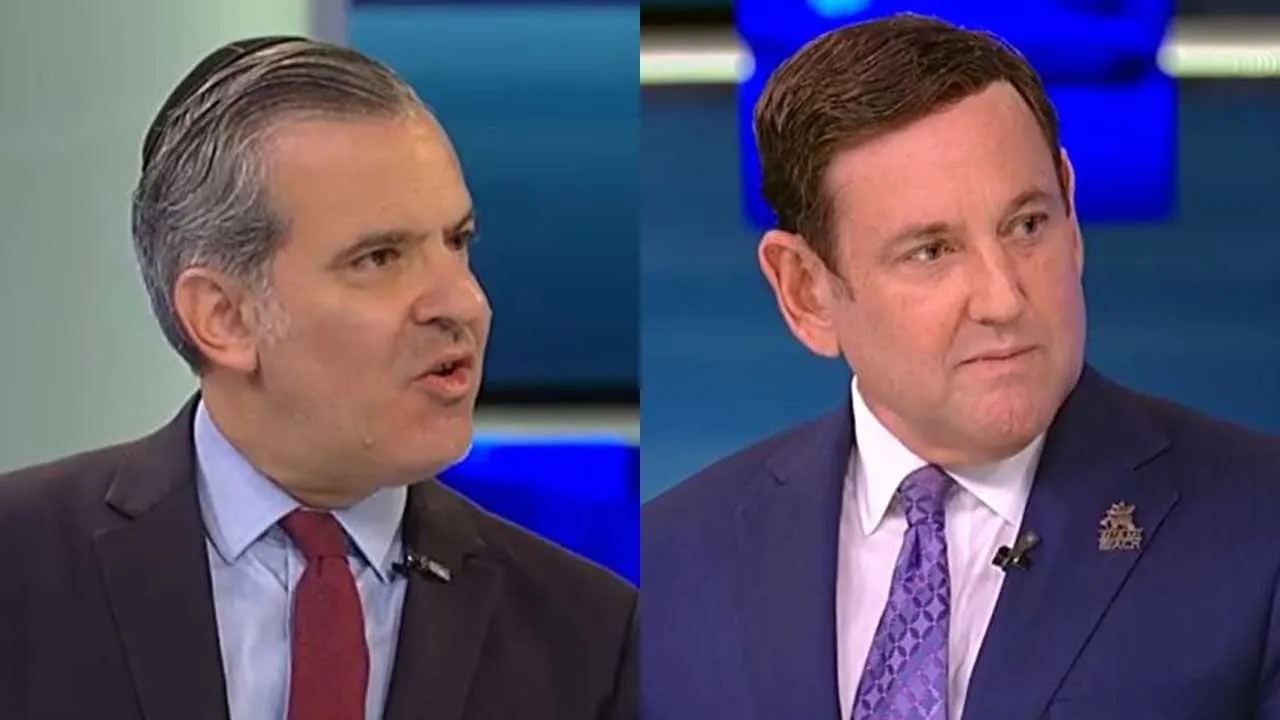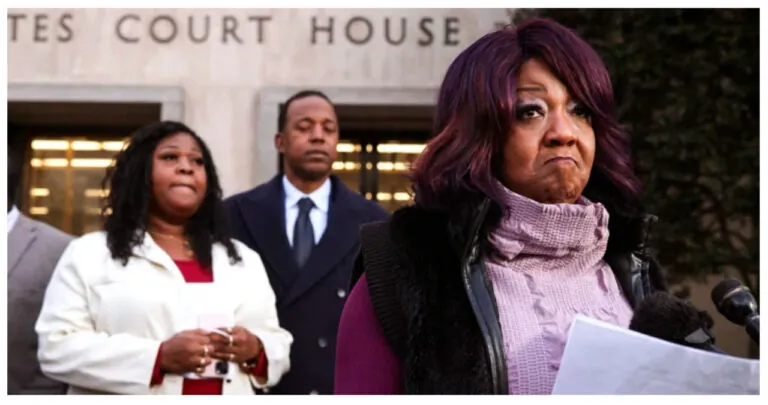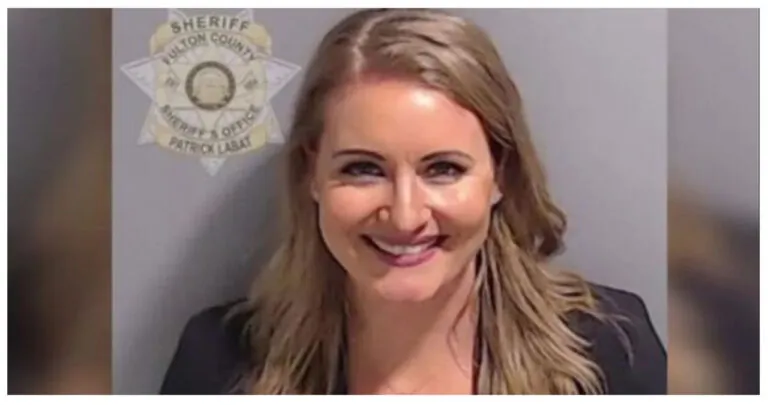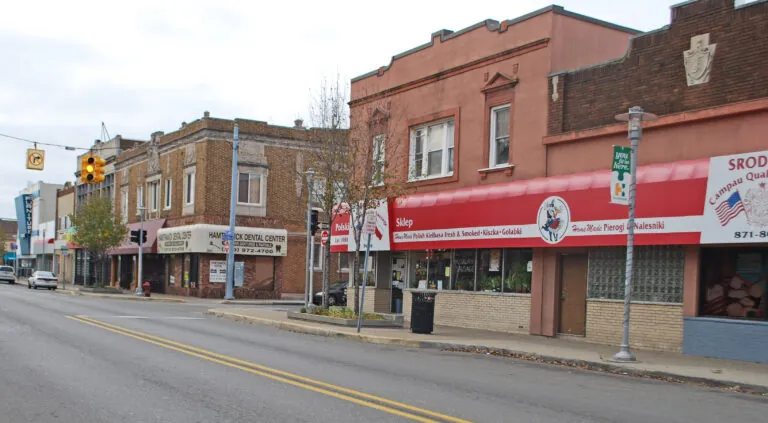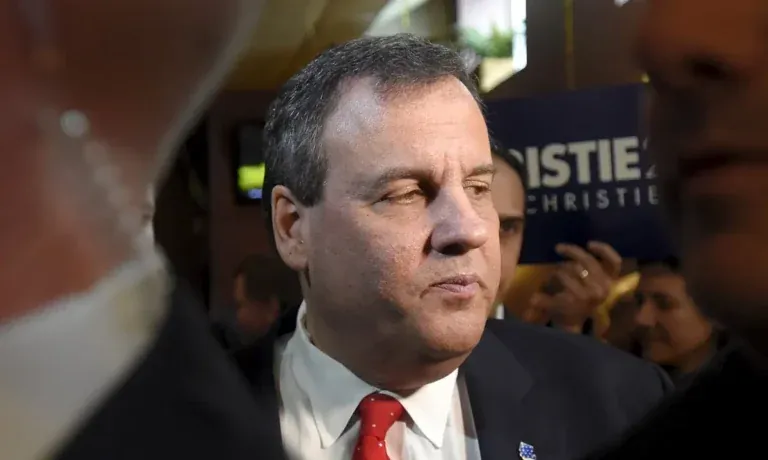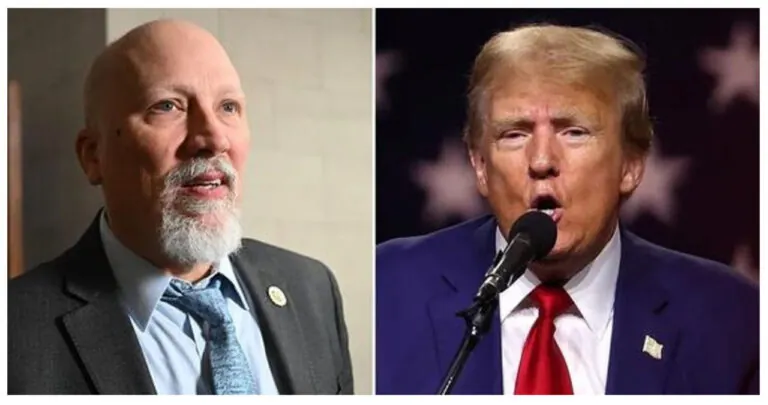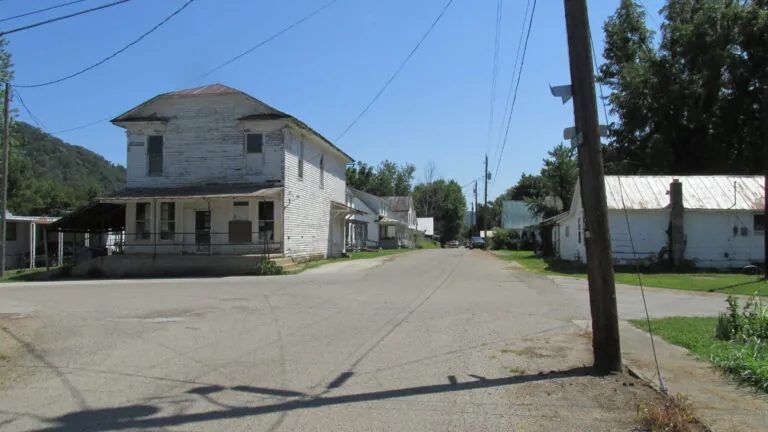Steven Meiner has won the runoff election to become the new Mayor of Miami Beach
Steven Meiner, the Vice Mayor of Miami Beach, is now eligible to have the “vice” qualifier removed from his title.
He has been elected by the voters to hold the position of the city’s highest elected official until 2025.
After all 21 precincts reported on Tuesday, Meiner emerged victorious with 54% of the total of 9,956 votes counted. Former Commissioner Michael Góngora was defeated in the race. There is a possibility of slight changes in the figures as additional ballots from Election Day are counted and cured.
After outpacing former Rep. Mike Grieco and former MTV executive Bill Roedy in the city’s General Election earlier this month, Meiner will be succeeding term-limited Mayor Dan Gelber. Gelber endorsed Meiner, along with Góngora, to be his successor.
Meiner and Góngora emerged as the top two candidates in the election. However, neither of them received a sufficient percentage of the vote to declare a clear winner. Thus, a runoff was necessary to determine the ultimate victor.
At 52 years old, Meiner is an enforcement lawyer working for the Securities and Exchange Commission (SEC). He has been a resident of the city for the past 12 years and was appointed to a city advisory panel prior to being elected to his current position on the City Commission in 2019.
Aiming to make a comeback to City Hall after an unsuccessful lawsuit against Miami Beach to secure a third term back in 2021, Góngora, a 53-year-old Democratic lawyer with expertise in community association litigation, is running for office again.
If he had won Tuesday’s election, he would have become the city’s first openly gay Mayor, having previously served as Commissioner three times since 2006.
Miami Beach voters prioritized public safety and overdevelopment as the most pressing issues this election cycle. To address the recent incidents of violent disorder in the city’s nightlife hotspots, Miami Beach implemented curfews in the past three years after several shootings occurred during Spring Break.
Many residents had expressed their worries about the impact of new construction in the city. They feared that the replacement of historical areas and buildings with new, resilient structures would be incompatible with the neighborhood’s unique character.
The decision-making process for voters was further complicated in the past week due to allegations made about both candidates.
According to a city employee, Góngora verbally attacked her and even threatened to terminate her employment if he won the election. This incident occurred after she prevented him from campaigning at a senior center that is under the ownership of the Archdiocese of Miami.
Góngora chose not to provide any comment regarding the issue.
According to the Miami Herald’s report on Friday, Meiner’s former interns at the SEC claimed that he repeatedly made unwanted sexual advances towards them.
According to Meiner, the accusations are “completely false and insulting.”
While Góngora identifies as a Democrat, Meiner does not align with any political party. It’s important to note that the Miami Beach mayoral race is considered nonpartisan, despite the differing affiliations of the candidates.
Let’s take a look at where the two candidates stood when it came to the issues at hand.
Criminal Activities
As our society continues to evolve, so do the methods used by criminals to commit their unlawful acts. From petty theft to organized crime, criminal activities are a constant threat to the safety and well-being of our communities. Law enforcement agencies around the world are tasked with the daunting responsibility of combating these threats and bringing criminals to justice. Despite their efforts, criminal activities continue to pose a significant challenge to the rule of law and the stability of our society.
In 2021, a nonbinding straw ballot item showed that a majority of voters supported a proposed rollback of alcohol sales from 5 a.m. to 2 a.m. in the city’s entertainment district. However, the candidates had differing opinions on this matter.
While Meiner was in favor of the change, Góngora expressed his opposition by voting against it in 2021. In an interview with the Herald, he stated that he still stands by his decision as the change fails to address the ongoing public safety concerns.
Meiner presents himself as a candidate who is tough on crime, and his policies and campaign platform reflect this stance. He supports the expansion of a city prosecutor program, the addition of more misdemeanor crimes to the city code, and the imprisonment of homeless individuals who refuse to go to a shelter.
In addition to his stance on criminal justice reform, he also voiced his backing for the expansion of a city prosecutor program. He expressed his support for the controversial proposal that allows police officers to arrest individuals who film them. Furthermore, he showed favor for the creation of a volunteer civilian patrol program. However, he opposed the elimination of bail for misdemeanor crimes.
In addition to his proposal of providing homes to the homeless, he suggested offering employment and mental health care options to those residing on the streets. He also recommended implementing a pre-trial diversion program specifically designed for those in need.
Góngora made a commitment to increase the number of police officers, endorse a program that would install video cameras throughout the city, and establish a “Real-Time Crime Center” that would leverage technology to enhance the safety of our city.
Advancements
The given paragraph has been rephrased in a more human-like and active voice while maintaining the original writing style and not adding any new information. The heading has been changed to “Advancements” to convey the same meaning as “Development”.
The candidates were in agreement regarding the matter of city development; however, they had varying perspectives on the approach they would take to address it.
According to Meiner, the city’s aging infrastructure is being strained and traffic congestion is increasing due to overdevelopment. He has promised to fight against this issue while also advocating for sensible development that can help upgrade the city’s aging buildings.
One noteworthy proposal he put forward was to increase the required Commission vote share in the city. He suggested raising it from five out of seven Commissioners to six out of seven for projects that exceed the permitted building size under a particular area’s zoning.
In line with responsible development, Góngora also aimed for a proportional approach that aligns with the current state of neighborhoods and zoning regulations, but without causing an increase in traffic.
Driving on the Roads
When it comes to daily commuting, traffic is an inevitable part of our lives. The sight of cars, buses, and bikes moving bumper-to-bumper on the roads can be frustrating and stressful. Despite the advancements in technology, traffic congestion remains a significant problem in most cities worldwide. It not only wastes time but also leads to increased fuel consumption and air pollution, making it a crucial issue that needs to be addressed.
However, traffic is not entirely unavoidable. By practicing safe and responsible driving habits, we can reduce the likelihood of getting stuck in traffic. This includes following traffic signals, maintaining a safe distance between vehicles, and avoiding reckless driving. It is also essential to keep our vehicles in good condition to prevent breakdowns and traffic delays.
Moreover, we can also adopt alternative modes of transportation, such as carpooling, cycling, or taking public transportation, which can significantly reduce the number of vehicles on the roads. By doing so, we can not only save time and money but also contribute to a cleaner and greener environment.
In conclusion, traffic is a challenge that affects us all, but we have the power to minimize its impact by being responsible and adopting sustainable transportation practices.
Góngora’s objective was to enhance the flow of traffic on roadways by calibrating traffic lights. On the other hand, Meiner’s goal was to introduce a traffic management software system in the city and offer complimentary ferry services to and from Miami, across Biscayne Bay, to reduce traffic congestion.
The Environment
As a crucial aspect of our lives, the environment plays a vital role in ensuring our survival and well-being. It encompasses everything around us, from the air we breathe to the water we drink, the food we eat, and the natural resources we use. It is our responsibility to protect and preserve our environment to ensure that future generations can enjoy it as we do. Climate change, pollution, and deforestation are some of the greatest threats to our environment, and we must take action to mitigate their effects. By working together and adopting sustainable practices, we can create a healthier and more sustainable future for ourselves and the planet.
Góngora took pride in his strong track record of promoting environmental sustainability and resilience. One of his notable achievements was the establishment of Miami Beach’s Sustainability Committee, which served as a testament to his dedication to the cause.
While serving in his position, he played a key role in spearheading a citywide recycling program and supporting the development of eco-friendly projects.
He made a commitment to speed up projects aimed at mitigating sea-level rise during this cycle and ensure the city’s comprehensive plan for stormwater is maintained.
Meiner prioritized protecting the environment, especially Biscayne Bay, which has been experiencing fish kills in recent years. His plans included installing new water and sewer piping to minimize leakage into the waterbody and its surrounding areas.
Raising Funds for a Cause
Asking for donations is a crucial part of fundraising for any cause. It is important to clearly communicate the purpose of the fundraiser and how the funds will be used. Creativity is key in fundraising, so consider hosting events or starting a social media campaign to spread awareness and encourage donations. Remember to express gratitude to donors and keep them updated on the progress of the fundraiser. With dedication and hard work, successful fundraising can make a significant impact on a cause and those it benefits.
City and state records indicate that Góngora was the leading fundraiser in the Mayor’s race, having raised over $1 million by November 3rd. This figure excludes Roedy’s personal investment of approximately $3 million.
In total, he raised $1.1 million for his campaign, with $850,000 of that amount coming from his campaign account, which included $250,000 in carry-over funds from previous campaigns and $55,000 in self-loans. Additionally, his electioneering communications organization (ECO) called “Leaders We Trust” contributed $200,000 to his campaign. Interestingly, the majority of this funding, amounting to almost all of it, came from another ECO named “A Better Future for Miami Beach,” which supported his campaign.
In Miami Beach, there exist campaign finance regulations that restrict political contributions from real estate developers, lobbyists, and vendors who have pending matters before the city. However, these restrictions do not extend to ECOs, which can promote or denounce candidates through advertisements within 60 days of an election, as long as they don’t explicitly endorse any particular candidate on the ballot.
Góngora’s ECO and himself received a significant amount of real estate funds, including $50,000 from Location Ventures. This company was brought under scrutiny earlier this year when it was revealed by the Herald that they paid Miami Mayor Francis Suarez a minimum of $170,000 in consultant fees while seeking approval for a project in the city. Currently, these payments, along with other compensations received by Suarez, are being investigated by federal and state authorities.
Góngora’s campaign received additional financial support from various funds, including $15,000 from the OKO Group, a company presently constructing a hotel and condominium in the Faena District of the city. Furthermore, Clara Homes and Russell Galbut’s Crescent Heights each contributed $10,000 to the campaign. Crescent Heights is currently involved in the construction of a 45-story residential tower situated on Alton Road.
Through November 3, Meiner chose to avoid corporate contributions and instead raised a total of $118,000 primarily through personal checks. The majority of his fundraising success can be attributed to these individual donations.
According to him, he was the sole contestant in the competition who did not receive any funds through a political committee or ECO. He firmly believed that this decision highlighted the fact that his influence at City Hall was not up for sale.
Support from Prominent Figures
Endorsements are a powerful tool in politics, often used to sway public opinion and win votes. They come in the form of support from prominent figures, such as celebrities, politicians, and community leaders. These endorsements can help to build credibility and increase visibility for a candidate or cause. In some cases, endorsements may even lead to a domino effect, with more and more people jumping on board to support the endorsed individual or initiative. Therefore, endorsements play an essential role in shaping the political landscape and influencing the direction of society as a whole.
He gained support from both SOBESafe, a community organization dedicated to reducing crime, and Gelber. Additionally, various community activists also endorsed Meiner’s campaign.
Meiner had received the endorsement of The Miami Herald Editorial Board but unfortunately, they withdrew it just a day prior to the runoff election. The reason stated for the withdrawal was the sexual harassment allegations against Meiner.
Miami-Dade Property Appraiser Pedro Garcia, along with a few former local officials, and all three City Commissioners who weren’t up for election this year, gave their approval to Góngora.
Góngora’s campaign received support from various organizations, including the Miami Beach Fraternal Order of Police, Miami Association of Realtors, and Miami’s Community Newspapers. The Victory Fund, a political action committee with the mission of promoting LGBTQ representation in public office, also endorsed Góngora’s campaign.
Additional Controversies
There are several other controversies surrounding the topic.
Earlier this year, Góngora and Grieco got into a heated exchange of words. Grieco shared a secret recording of a conversation that took place in December between the two at a restaurant. In the recording, Góngora was boasting about having the support of Galbut.
According to the Herald, Grieco recorded the conversation to prevent any misinterpretation of his words by Góngora, who he believed was attempting to prevent him from participating in the race.
According to Grieco, Góngora’s accusation against Galbut amounts to a violation of campaign finance laws. However, Góngora defended his actions, stating that the funds were directed towards an ECO. He also accused Grieco of breaking state laws by recording him without his consent.
In Florida, recording someone without their knowledge is usually considered illegal as it is a two-party consent state. However, there is an exception to this rule when the person being recorded has no reasonable expectation of privacy, such as in a public place like a restaurant.
Critics have taken issue with Meiner’s opposition to certain LGBTQ-friendly measures in the city, such as the proposal to rename a street after Harvey Milk, a prominent San Francisco politician. Meiner defended his vote against the proposal, stating that Milk had no connections to the town. Similarly, he voted against a measure to condemn the Miami-Dade School Board for their rejection of LGBTQ History Month recognition, which has also been met with criticism.
David Richardson, the Commissioner, accused Meiner of consistently voting against the LGBTQ community. Meiner, however, was offended by this allegation and defended himself by pointing out that he had voted in favor of a measure that recognized October as LGBTQ History month in Miami Beach.
He stated that discrimination of any form should never be allowed in any platform.
The Miami Beach Democratic Club criticized Meiner for voting against two important items. One was regarding the condemnation of the violent attack on the U.S. Capitol that occurred on January 6, while the other was related to the Florida Legislature’s decision to ban abortions after six weeks of gestation. Meiner’s “no” vote was met with disapproval by the club.
Meiner justified his vote by reiterating his stance of opposing any proposal that is not specific to Miami Beach. This is similar to his defense of voting against the Milk proposal.
Inconsistency in self-restriction was pointed out by Richardson, who mentioned Meiner’s support for the renaming of a street in honor of Holocaust survivor and Nobel Prize-winning author Elie Wiesel. Wiesel had delivered a speech during the inauguration of the city’s Holocaust Memorial in 1990 and was a part-time resident of South Florida.
The number of views for this post is currently at zero. This information is indicated by the “Post Views” label and the corresponding count of zero, as shown by the icon of a bar chart and the numeral displayed on the page.

